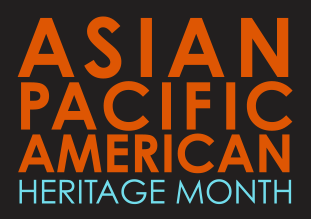Last weekend, our class journeyed to Raleigh for a conference hosted by the East Coast Asian American Student Union (ECAASU) focusing on Asian American identity. One thing that stood out to me was simply how happy most people were to be surrounded almost solely by Asian Americans. It is an observation that doesn’t seem to leave much discussion. But if you are a ___ American and if you have ever walked into a room full of ___ nationals, what do you recall feeling? Was it as comfortable as with people who share similar claims to identity?
Personally, I feel strange. The other day, back from the conference and back at Davidson, passing a group of Chinese international students, I remarked to my friend, “Sometimes, I feel uneasy when I’m with a bunch of Chinese international students.” Strange, how just knowing if the Asians in the room are Asian American or just Asian changes your perspective. She asked me why. My immediate answer is probably because I don’t speak Chinese very well. I am confronted with just how terrible my Chinese is and immediately feel insecure. That was why I never liked being around my grandparents who couldn’t understand English.
But I realize that it is more than that. Even though we look the same, their experiences and culture are incredibly different from mine. Before I open my mouth, you wouldn’t be able to pick me out from the 1.36 billion people in China. I teach English online to students in China, and parents and students always immediately assume I am actually from China, not 外汇交易平台 America, regardless of what my online profile says. It feels as if, the moment I step into a room full of Chinese citizens, suddenly my American nature disappears. The thought that all my experiences and the culture I built for myself, combining bits from my hometown (Ft. Lauderdale), America, and China, could be washed away simply by my appearance perturbs me.
I, among others, find a greater pull with other Asian Americans, regardless of what Asian countries they stem from. We share the feeling of having our unique identity can get swept away into a larger umbrella that can’t fit us. Julia Wang speaks to this feeling of pigeonholing in her article “the Burden of Being Asian American on Campus” (https://www.theatlantic.com/education/archive/2016/08/common-ancestry-complicated-present/495665/).
The instinctual comfort we find in seeing people who look like us astounds me. It is a primal instinct that carries across all social creatures. “That thing looks like me so it is like me.” “That thing doesn’t look like me; is it prey or predator?” But now, in the current world of intersecting ethnicities with flowing nationalism, this mentality is getting turned on its head.



